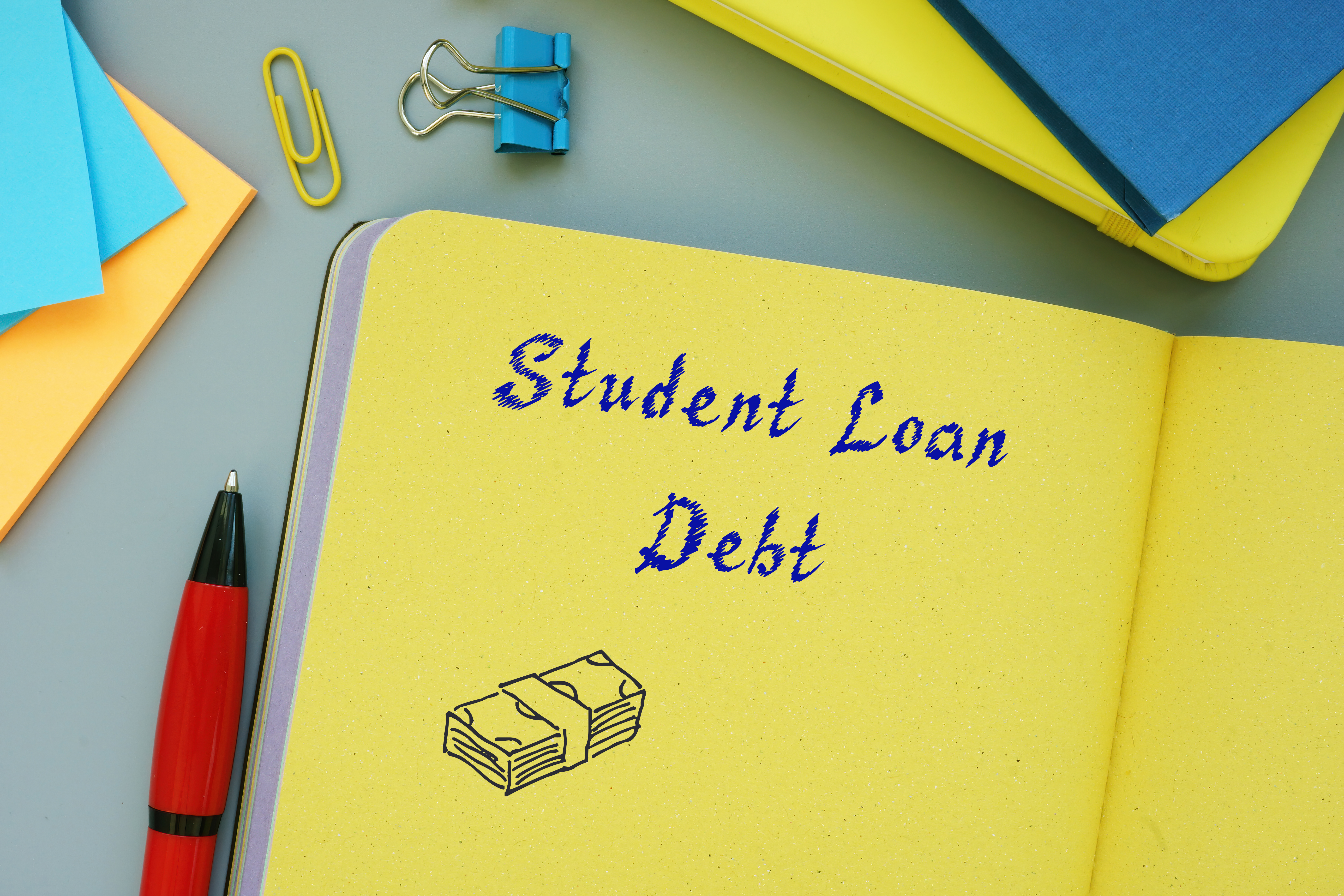
I recently reported about a bipartisan proposal for student loan relief issued in the Senate. The actual language of the proposal has been released. Let’s review the language and interpret how a debtor could benefit.
What does the Fresh Start Through Bankruptcy Act say?
The Fresh Start Through Bankruptcy Act amends the current Bankruptcy Code to make federal student loans eligible for an enhanced form of discharge in bankruptcy cases. One should note that the act states only federal student loans are eligible for this new enhanced student loan relief. Private student loans do not qualify. To have private student loans discharged in bankruptcy, a debtor would need to prove “Undue Hardship”.
To receive an automatic discharge of a federal student loan, a debtor must wait to file bankruptcy 10 years after the first payment became due. This is usually 6 months after graduation or leaving college. This is very generous because it doesn’t require actual payments for a period of time. Repayment suspensions like forbearance and deferment add to this period of time. This is a reason it is critical to hire a competent bankruptcy attorney to review the applicability of the act.
Debtors that have federal student loans that are less than 10 years since repayment began are still able to try to get a discharge by proving “Undue Hardship”.
What if I have already filed for Bankruptcy?
The effective date of the Act, if made into law, will be 180 days after the Act is enacted. Unfortunately, student loan relief will only apply to bankruptcy petitions filed after the effective date. There is a provision to include “amended” petitions, but it is not certain exactly how that would be applicable.
What additional changes might happen?
It will be interesting to see if Bankruptcy Courts will change the tests and interpretation of “Undue Hardship” for private student loans and federal loans that do not qualify for the automatic discharge. It could be argued that the difficulty in getting an “Undue Hardship” discharge should be reduced considering the simplicity of the proposed discharge eligibility.
What else does the Student Loan Act provide?
The FRESH START Act puts liability on colleges and universities that receive federal student loans. Institutions that have more than a third of their students receiving federal student loans may have to partially reimburse the government for student loans discharged in bankruptcy if the institution consistently has high default rates and low repayment rates. This potentially could curb colleges and universities from taking advantage of students and inflating the cost of higher education.
Student Loan Relief Through Bankruptcy
If you have overwhelming student loan debt, keep in contact with Caldwell Law. We will continue to provide updates on this legislation and encourage passage in Congress.